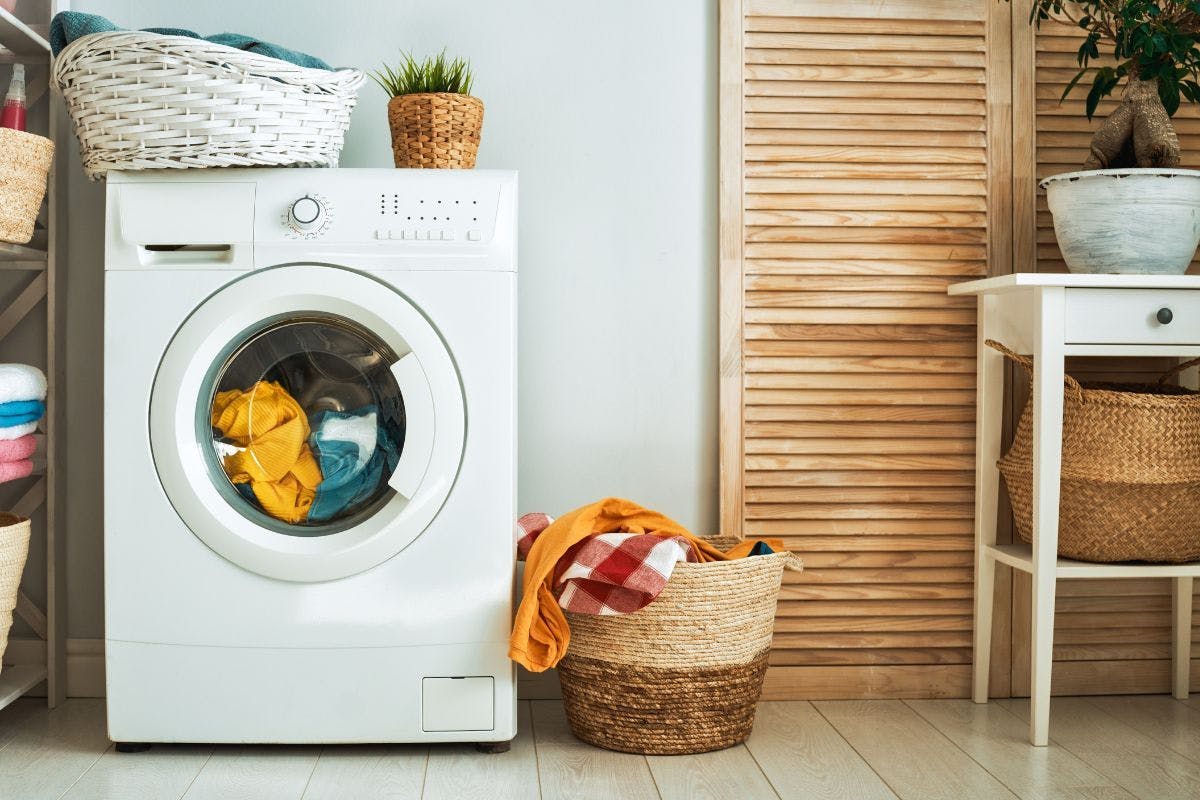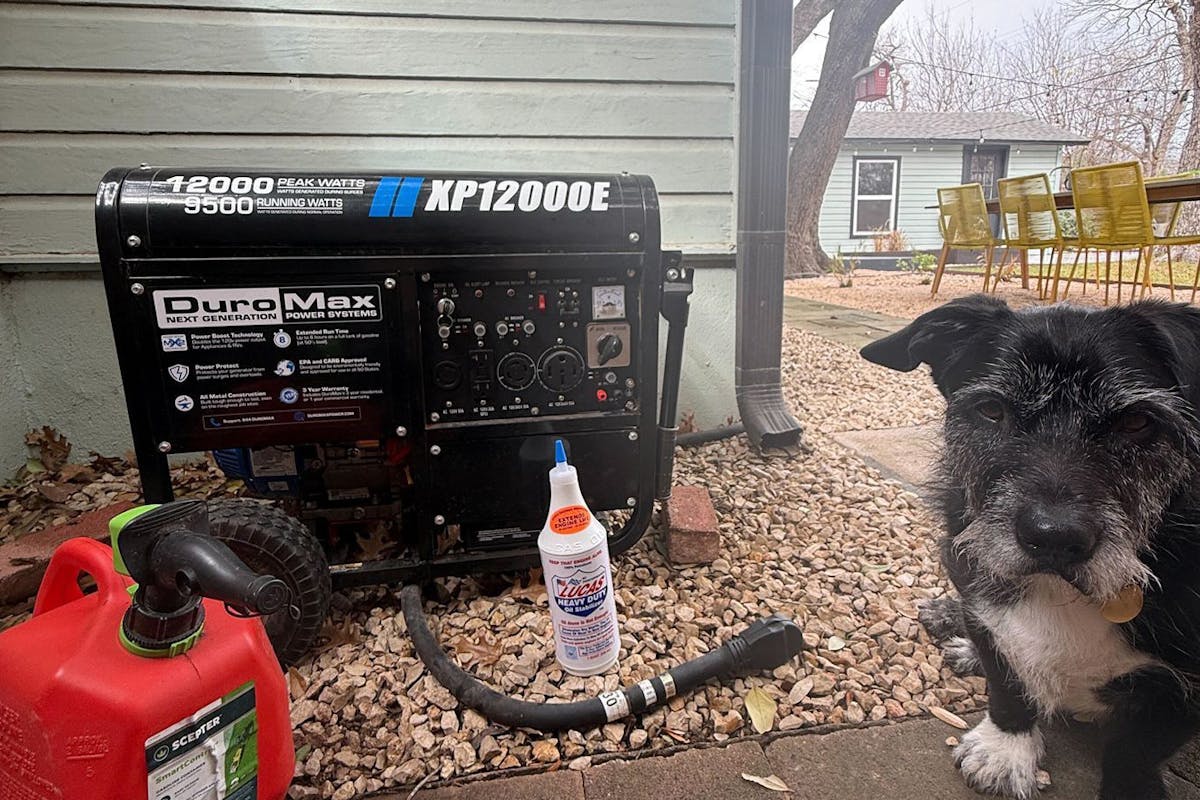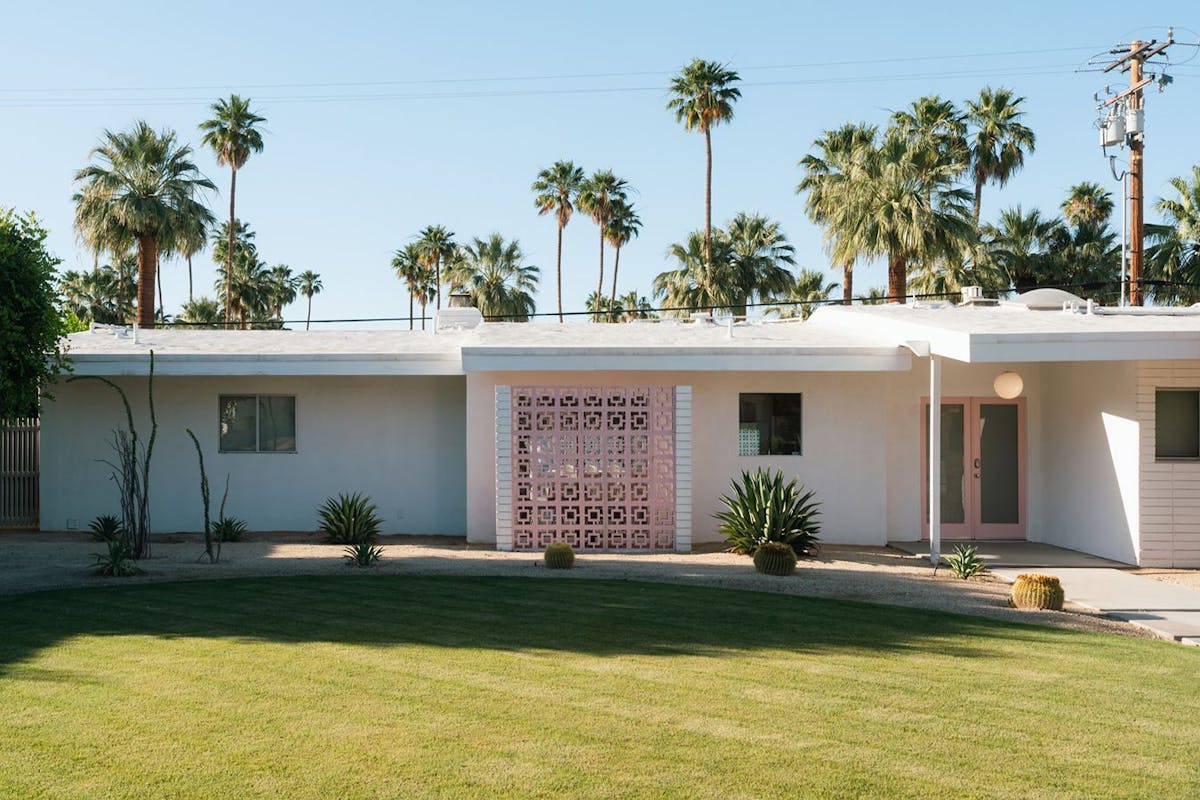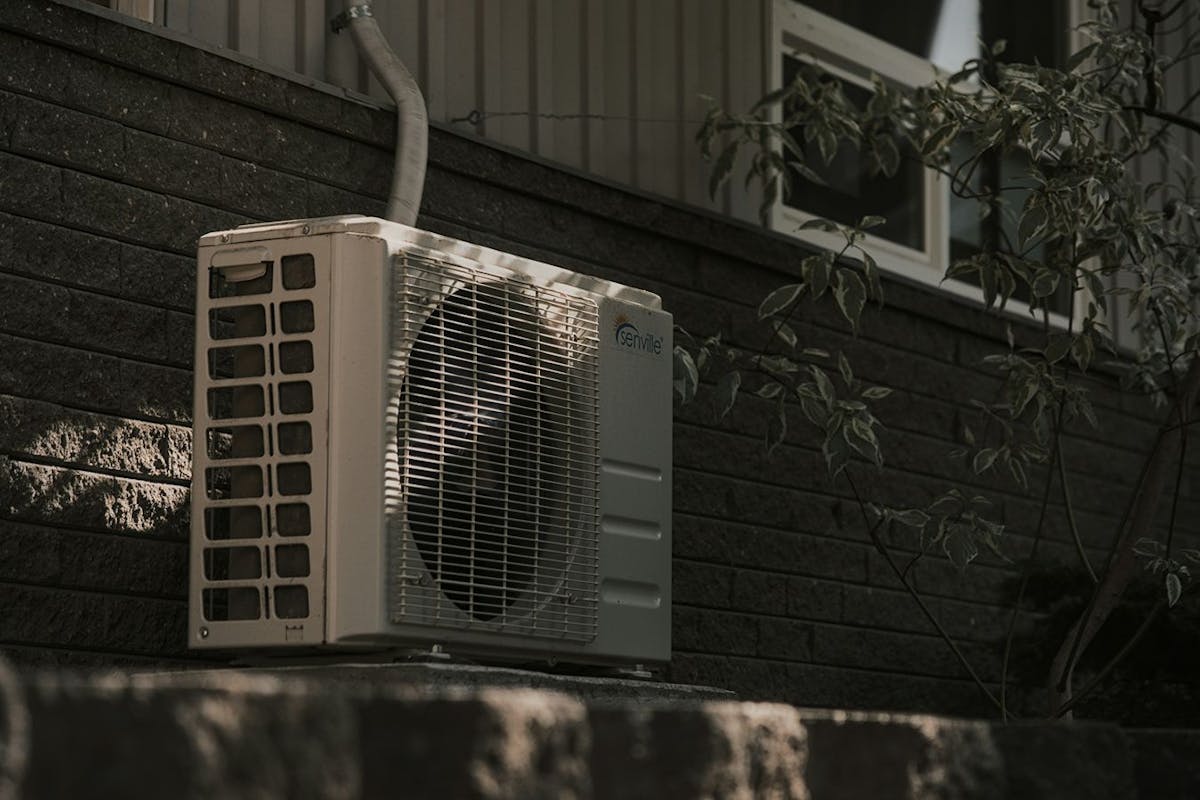Our Guide to the Best Energy-Efficient Dryers in 2026
Last edited
Author
Andrew Blok
Electrification and Solar Writer and Editor
Editor
Andrew Giermak
Solar and Electrification Writer and Editor

A clothesline in the yard, sunshine, and a gentle breeze is the cleanest, greenest, and most pleasant way to dry your laundry. Not many of us can fit that in each day. So, upgrading to a new energy-efficient dryer with new features, which can save you time and money, is probably the next-best option.
Our guide has the energy-efficiency numbers, reviews, specs, and even smart functions, of the best brands and models on the market as we head into 2026. Here are the best energy-efficient dryers for your busy home.
See how much you can save with home energy changes
Best energy-efficient dryers
Dryers aren’t a one-size-fits-all solution. The best dryer for you depends on the size of your family, your budget, and the features you care about.
Each of the dryers we picked come with a matching Energy Star-rated washing machine. They are widely available and get strong customer reviews.
Most efficient dryer: LG WKHC252H*A
The most efficient dryer is LG’s WKHC252H*A. Its combined energy factor (CEF) of 9.0 is the highest mark among widely available dryers, according to Energy Star. (CEF measures how many pounds of clothes a dryer washes per kilowatt-hour, taking into account both active and standby energy consumption.) It’s expected to use just 266 kWhs of electricity annually and has a drum size of 7.8 cubic feet. Like most of the high-efficiency options out there, it’s a heat pump dryer.
The dryer is part of a laundry tower (which includes a washing machine), has a stainless steel drum, comes in black or white, and is WiFi connected. The LG ThinQ app gives you remote control of the machine. You can use voice commands with Google or Alexa, too.
Reviewers loved how quiet it was, how gently it treated their clothes, and the convenience of not having a vent.
Most efficient dryer (laundry tower): LG WKHC252H*A
If you’re looking for an all-in-one laundry tower, your most energy-efficient option is the LG WKHC252H*A. That’s the same as our overall most efficient dryer.
The paired washer has an Integrated Modified Energy Factor of 2.92, which is a high mark that matches and exceeds some of our picks for best energy-efficient washing machine. It’s expected to use just 99 kWhs a year under normal use and has a volume of five cubic feet.
Most efficient small dryer: Samsung DV25B69**H*
If you’ve got limited space or limited laundry needs, there’s an energy-efficient option for you. This small option from Samsung has a drum capacity of only four cubic feet but is just 33.5 inches tall, 23.6 inches wide, and 25.8 inches deep, considerably smaller than our other picks.
This heat pump dryer still does the job, though. With a CEF of 6.8 and an annual electricity consumption of 125 kWh, it’s a very efficient machine. It comes with WiFi connectivity, and you can control the dryer and receive notifications on your phone via the SmartThings app.
Reviewers liked its quietness, small size, and surprising ability to handle large loads of laundry.
Most efficient standard dryer: LG WKE100H*A
The most efficient standard dryer — that is, not a heat pump dryer — comes from LG and is part of a laundry tower. Its CEF is 3.94, well below the heat pump models on our list, and Energy Star estimates it will use 607 kWhs of electricity annually. It has a large drum capacity of 7.4 cubic feet.
Its washer counterpart has a strong IMEF of 2.92 and an expected annual electricity usage of 105 kWhs. It has a drum capacity of 4.5 cubic feet and can be connected to through the ThinQ app.
Reviewers liked the convenience of phone alerts; energy, water, and detergent efficiency features; and its quiet operation.
See how much you can save with home energy changes
Most efficient standard standalone dryer: GE GFD55ES*N***
If you’re looking for a non-heat pump dryer that’s not part of a 2-in-1 laundry tower, your most efficient option is GE’s GFD55Es*N***. With a drum size of 7.8 cubic feet, it can handle the biggest laundry loads. Its CEF of 3.93 is just behind our other standard pick, but still well behind the heat pump models. Energy Star estimates it will use 608 kWhs of electricity in a year of standard use. You can connect it via WiFi to monitor and control it from your phone.
Customers say it’s simple to use, quiet, and dries clothes well.
Best all-in-one washer-dryer: Samsung WD53DBA9
Only have room for one appliance? Consider a combination washer-dryer: One machine that does both jobs.
Your most efficient option is Samsung’s WD53DBA9. It has a CEF of 7.6 and an expected annual consumption of 319 kWhs. As a washer, it has an IMEF of 2.92 and an expected annual energy usage of 103 kWhs. That total consumption is less than either of the standard dryer options listed above.
It’s built on heat pump technology and can be slower than standard models, but Samsung says that some cycles can wash and dry a load in just over an hour and a half.
Customer reviewers loved the convenience, compact size, and overall efficiency.
Comparing energy-efficient dryers
| Brand | Model* | Best… | CEF** | Annual energy use (kWhs)*** | Volume | Average retail rating**** | HxWxD | Heat pump? |
|---|---|---|---|---|---|---|---|---|
| LG | WKHC252H*A | Energy efficiency | 9.00 | 266 | 7.8 cf | 3.9; 4; 4.62 | 74.38”x27”x32.3” | Yes |
| LG | WKHC252H*A | Efficient laundry tower | 9.00 | 266 | 7.8 cf | 3.9; 4; 4.62 | 74.38”x27”x32.3” | Yes |
| Samsung | DV25B69**H* | For small spaces | 6.80 | 125 | 4 cf | 4.15; 4.3 | 33.5”x23.6”x25.8” | Yes |
| LG | WKE100H*A | Non-heat pump dryer | 3.94 | 607 | 7.4 cf | 4.46; 4.3 | 38.69”x27”x30” | No |
| GE | GFD55ESN** | Standalone non-heat pump | 3.93 | 608 | 7.8 cf | 4.65; 4.7; 4.6 | 39.75”x28”x31.38” | No |
| Samsung | Samsung WD53DBA9**H* | All-in-one washer-driver | 7.50 | 319 | 5.3 | 4.9; 4.5 | 43.7”x27”x34.4” | Yes |
* Asterisks in product numbers can be replaced with different characters, typically to denote color or additional features.
**Combined energy factor is Energy Star’s metric to measure how efficient a dryer is and takes into account active and standby power. The higher the number, the more efficient.
***Annual electricity consumption assumes 283 loads dried per year.
****Customer ratings are taken from major retailers, but retailers may be different for each model.
The best dryer brands
If you don’t find a good match for your needs in our picks above, here are some of the most highly-regarded brands to guide your search.
To find the best brands, we reviewed and compiled the rankings from other online reviewers. We gave each brand a score for how many times it showed up on best lists, giving greater weight to reviewers with hands-on experience.
GE
Perhaps unsurprisingly, the top dryer brands match the top washer brands, though in a slightly different order. This time GE comes out on top. Reviewers like the smart features, ease of use, and low prices for GE machines.
GE has 69 Energy Star-rated models, but none on the Most Efficient of 2025 list.
Electrolux
Professional reviewers liked Electrolux’s useful features and overall performance. They liked its speed and quiet operating volume, too.
Electrolux has 37 Energy Star-rated dryers, but none of the 39 Most Efficient of 2025 dryers are made by Electrolux.
LG
Our top brand for energy-efficient washing machines rounds out our top brands for dryers. Reviewers liked its many smart features. It was one of the few brands that received praise for customer service.
LG has 140 Energy Star-rated dryers and eight on the Most Efficient of 2025 list.
Other top dryer brands
Other brands that appeared on reviewed best lists are Amana, Maytag, Miele, Samsung, Speed Queen, and Whirlpool. Of that group, Speed Queen is most frequently mentioned.
How to find the best energy-efficient dryer
The best dryer isn’t necessarily the one we or anyone else recommends to you; it’s the one that best fits your needs. Here’s what to consider when you’re shopping for a dryer.
Energy efficiency
Besides your budget for purchasing a dryer, consider your budget after. An energy-efficient dryer will cost less to run than a less efficient one. If you happen to have solar panels at home or are planning to go solar, a smaller energy demand will be easier and cheaper to cover than a larger one.
To find an energy-efficient appliance, look for Energy Star certification and be sure to check the Energy Guide label. It tells you how much energy an appliance will use and how much that will cost over one year.

Credit: US FTC
Budget
Relatedly, the ideal energy-efficient clothes dryer is one you can afford when you buy it and as you use it over time.
Matching washing machine
Buying a dryer with a matching washing machine can be more than just an aesthetic preference. Some dryers can communicate with their washer counterpart to select the best cycle for the load of laundry it's about to receive.
Size and capacity
Capacity — the available space within the dryer — should be a consideration, especially if you need to wash lots of clothes. Buying a dryer that doesn’t meet your capacity needs can lead to frustration.
Size — the exterior dimensions of the dryer — is also important. Don’t buy a machine that doesn’t fit the space you have.
Smart features
Like seemingly everything else, dryers come with a WiFi connection. That can enable end-of-cycle notifications and remote start/stop capabilities. WiFi can also help your dryer communicate with a matching washer to make decisions about incoming loads of laundry.
Whether these features are worth it might come down to personal preference.
What is combined energy factor?
Combined energy factor is Energy Star’s metric for dryer efficiency. It measures how much weight a machine can dry using a kilowatt-hour of electricity, taking into account active drying, standby, and off modes. CEF should be read as pounds per kilowatt-hour. A dryer may have a CEF of 9 lbs/kWh.
Smart dryer features
Some smart features for added energy savings and convenience are becoming more common.
End cycle alerts
App-connected dryers may send you an alert when your cycle is done. If out-of-sight-out-of-mind has left you with load after load of wrinkly clothes, a friendly ping might be helpful.
Moisture sensors
A smart dryer can avoid wasting energy on dry clothes by sensing when they’re dry and shutting itself off.
Washer communication
When paired with a smart washer, your smart dryer may know what cycle to run before you set it. Your washer lets your dryer know what’s coming.
How we picked the best dryers and dryer brands
To find the best dryers in each of our categories, we started with Energy Star and picked the most efficient option that had a matching washer, relatively wide availability, and strong customer reviews overall.
To find the best brands we took a broad look at what other online reviewers found. We gave each brand a score on how often and where it showed up on best lists, giving reviews that included hands-on testing more weight.
If you’re curious about how other home energy upgrades could make a difference to your energy bills, download the new Palmetto app or you can check out Palmetto’s Savings Maximizer.
See what home electrification can do for you:
Frequently asked questions
Which type of dryer is most efficient?
Heat pump clothes dryers are the most efficient option available today, drying more than twice as much laundry using the same amount of energy as a standard dryer.
Is it worth buying an Energy Star dryer?
According to Energy Star, Americans could collectively save $1.5 billion each year in utility costs if all dryers sold were Energy Star certified.
How does a heat pump dryer work?
Heat pump dryers heat and cool air using the same technology as heat pumps for heating and air conditioning. Warm air collects moisture from the clothes and releases it when cooled. Then it’s warmed again and cycled back to the clothes. Moisture drains away or collects in a tray you need to empty.



